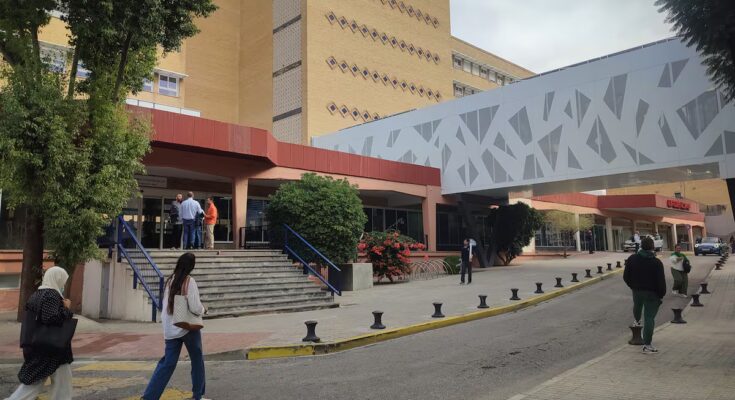The autonomous community that demonstrates the success of Spanish public healthcare is the one made up of three million residents abroad: I have never met a compatriot who, faced with the dilemma of being treated for an illness (light or serious) in Spain or in another country (be it Brazil, Denmark, the United States or the Netherlands), does not prefer ours. If you had the choice, you would always come to Spain: for the quality and warmth of the professionals, for the agility and speed of assistance.
Speed? But you have to wait several days to get an appointment!
Perhaps. But in other countries, even more. Much more. And say goodbye to testing to rule out anything unless it’s absolutely essential.
With an average expense, Spain achieves an extraordinary medical result. A person born here has the highest life expectancy in the EU: 84 years (eight years more than in Bulgaria).
But, as the experts of the Health Forum gathered at the Carlos I Chair of the University of Granada at the Ministry of Health underlined, the good data contrasts with the bad perceptions. There is a feeling of deterioration of the healthcare system.
Crises like that of screening in Andalusia, in addition to revealing human failures, reveal the tension under which healthcare personnel work. Marathon days for wages (and conditions) much lower than those of their European counterparts.
Progressives are right on one crucial point: We need to dedicate more money to healthcare, because now we can’t retain professionals and fill positions, especially in rural areas. As Sergi Jiménez (UPF and FEDEA) points out, healthcare is not an expense, but a very productive investment because, for every life saved (and many are saved in Spain), society always earns more than it costs.
But increasing resources, while necessary, is not enough. They need to be redistributed better. That is, we need to cut in some places – for example, in pharmaceutical spending well above the European average, or in a dense and unsustainable network of regional hospitals – to focus on the challenges of an aging population, chronicity and cutting-edge treatments and technologies that are as effective as they are expensive.
Our healthcare needs a progressive transfusion of public money, but also a liberal diet, which includes more, not less, collaborations with the private sector and the flexibility of highly bureaucratic management. Some reforms will bother some. But without a scalpel no operation is successful.



